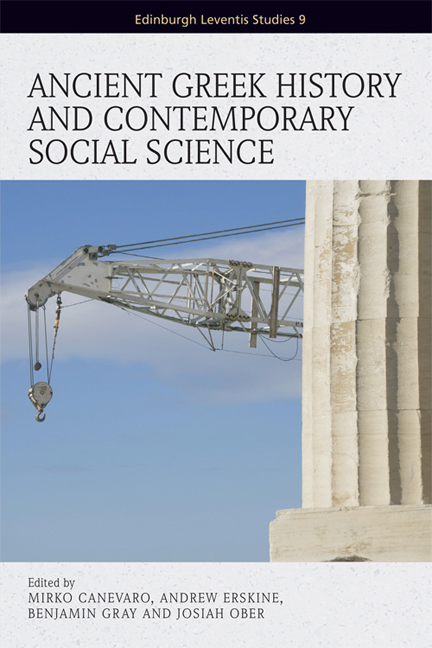6 - Ancient and Modern Conceptions of the Rule of Law
Published online by Cambridge University Press: 06 May 2021
Summary
Well, what if anything can we judges do about this mess? The answer lies in the shadow of a jurisprudential disagreement that is not less important by virtue of being unavowed by most judges. It is the disagreement between the severely positivistic view that the content of the law is exhausted in clear, explicit, and definite enactments by or under express delegation from legislatures, and the natural lawyer's or legal pragmatist's view that the practice of interpretation and the general terms of the Constitution … authorize judges to enrich positive law with the moral values and practical concerns of civilized society … Neither approach is entirely satisfactory. The first buys political neutrality and a type of objectivity at the price of substantive injustice, while the second buys justice in the individual case at the price of considerable uncertainty and, not infrequently, judicial wilfulness. It is no wonder that our legal system oscillates between the approaches.
from the dissent to United States v. Marshall (1990)There has been a long-running debate in scholarship between those who believe that the ancient Athenian democracy valued and strove to achieve the rule of law (RoL) and those who believe that the Athenians, while aware of the concept, did not fully embrace it. According to some scholars in this latter camp, the Athenians even deliberately rejected the RoL in favour of other values such as revenge or notions of equity. Standing firmly in the first camp are scholars such as Martin Ostwald, Edward Harris and Gabriel Herman. Equally adamant on the other side are the voices of Josiah Ober, David Cohen and Adriaan Lanni.
Who is right in this debate? How can such dramatically different positions be held so firmly and be based on a valid reading of the evidence? In this chapter, I will suggest that part of the reason for these different assessments is that scholars have discrepant understandings of the meaning of the RoL. I will further suggest that while there is considerable debate even in modern legal circles regarding the meaning of the RoL, nevertheless the concept can be broken down into three components against which the ancient Athenian legal system can be measured: legal supremacy, legal equality and legal certainty.
- Type
- Chapter
- Information
- Ancient Greek History and Contemporary Social Science , pp. 184 - 212Publisher: Edinburgh University PressPrint publication year: 2018



